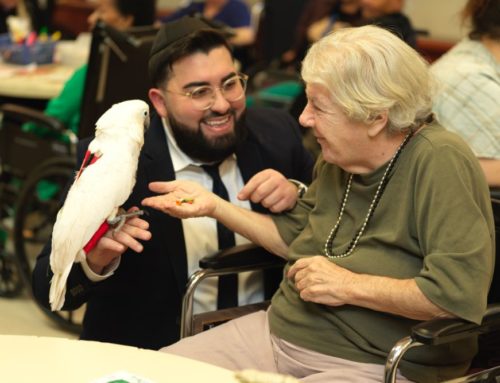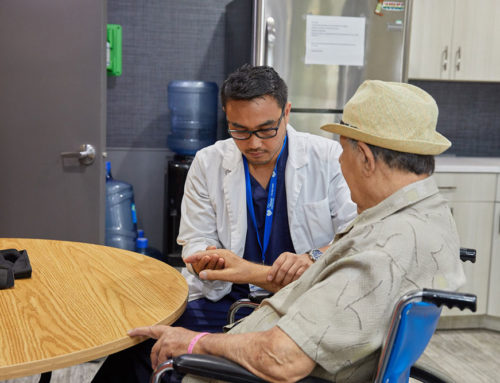Is a Normal Life Possible After Brain Injury?
Traumatic brain injuries could happen at any time to those of all ages. They result from strikes to the head from falls, vehicular collisions, sporting activities, or violence. Depending on the severity of the injury, improvements could be gradual, reducing recovery time. Luckily, it is still possible to have a normal life after a brain injury.
To increase progress, you may require post-hospital inpatient rehab for traumatic brain injuries. Several treatment options are available, depending on the needs of the individual, including physical therapy, occupational therapy, and speech therapy. Your medical team customizes your treatment to match the issues you’re facing. To learn more about life after a brain injury, check out the following information.

There Can Be Life After a Brain Injury
Life after a traumatic brain injury isn’t easy, though you may eventually regain independence. Some injuries alter your capabilities, requiring adjustments for several aspects of life. These could cause speech, cognitive, vision, perception, behavioral, emotional, sensory, and physical changes. Depending on the severity of the trauma, such effects could be long-lasting.
Fortunately, in many cases, the results of the injuries aren’t permanent. With the proper combination of therapies, you may even recover most or all of your former abilities. These therapies include:
- Physical therapy – PT is a specialized treatment designed to improve strength, mobility, flexibility, and balance. It is customized for each individual and the injuries they’ve sustained to safely re-establish their skills.
- Occupational therapy – Certain skills may be lost after TBI, requiring individuals to relearn everyday tasks. These include dressing, bathing, eating, brushing teeth, and using the toilet, which OT helps to regain. Therapists also check the home for any obstacles or risks for those returning home.
- Speech therapy – Some brain injuries affect an individual’s speech and language skills. Trained therapists work with clients to improve communication. For those who need it, swallowing rehab is part of speech therapy to prevent choking when eating or drinking.
These three therapies are most common after a TBI, though emotional support is also essential for an effective recovery. Many injured individuals benefit from sessions with psychiatrists, social workers, and recreational therapists. Vocational counselors will help you determine the best time to return to work or if new employment is required. The support of family and friends is also essential for increasing your chances of a normal life.
How many years does it take to recover from brain injury?
Recovery from a brain injury isn’t the same for everyone. There is no set timeframe since it depends on the severity of the trauma and the progress during rehab. Those with mild injuries may need a few weeks to fully recover, while more severe trauma requires years of treatment.
Some evidence suggests the majority of recovery occurs within the first two years after the injury. Working closely with your rehab team and following their advice and recommendations improves progress, reducing recovery time.
Though more research is needed, some studies even show improvements 5 to 10 years after the injury. Even if you don’t see results immediately, there is always hope of recovery as long as you strive to reach your rehab goals.
Resources:
https://www.mayoclinic.org/diseases-conditions/traumatic-brain-injury/symptoms-causes/syc-20378557
https://www.brainline.org/article/what-impact-will-moderate-or-severe-tbi-have-persons-life
https://www.mayoclinic.org/diseases-conditions/traumatic-brain-injury/diagnosis-treatment/drc-20378561
https://www.ncbi.nlm.nih.gov/pmc/articles/PMC1315633/
This article contains informational and educational materials and does not replace health or medical advice. For questions or concerns regarding your medical condition or health objectives, speak to a qualified physician or healthcare provider.






Leave A Comment